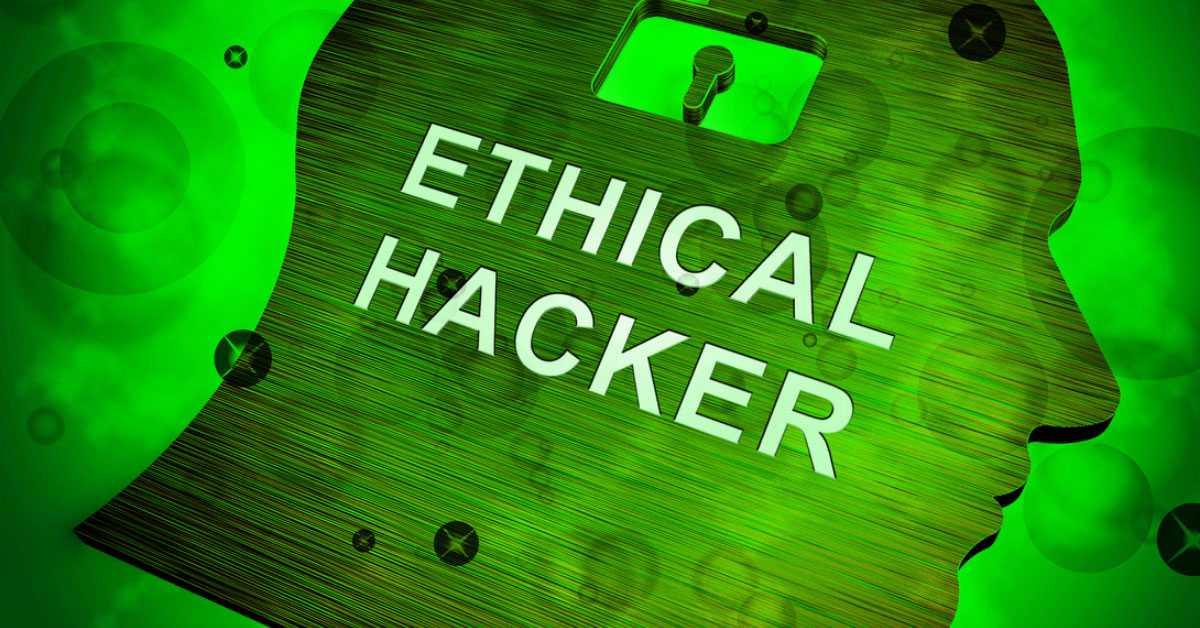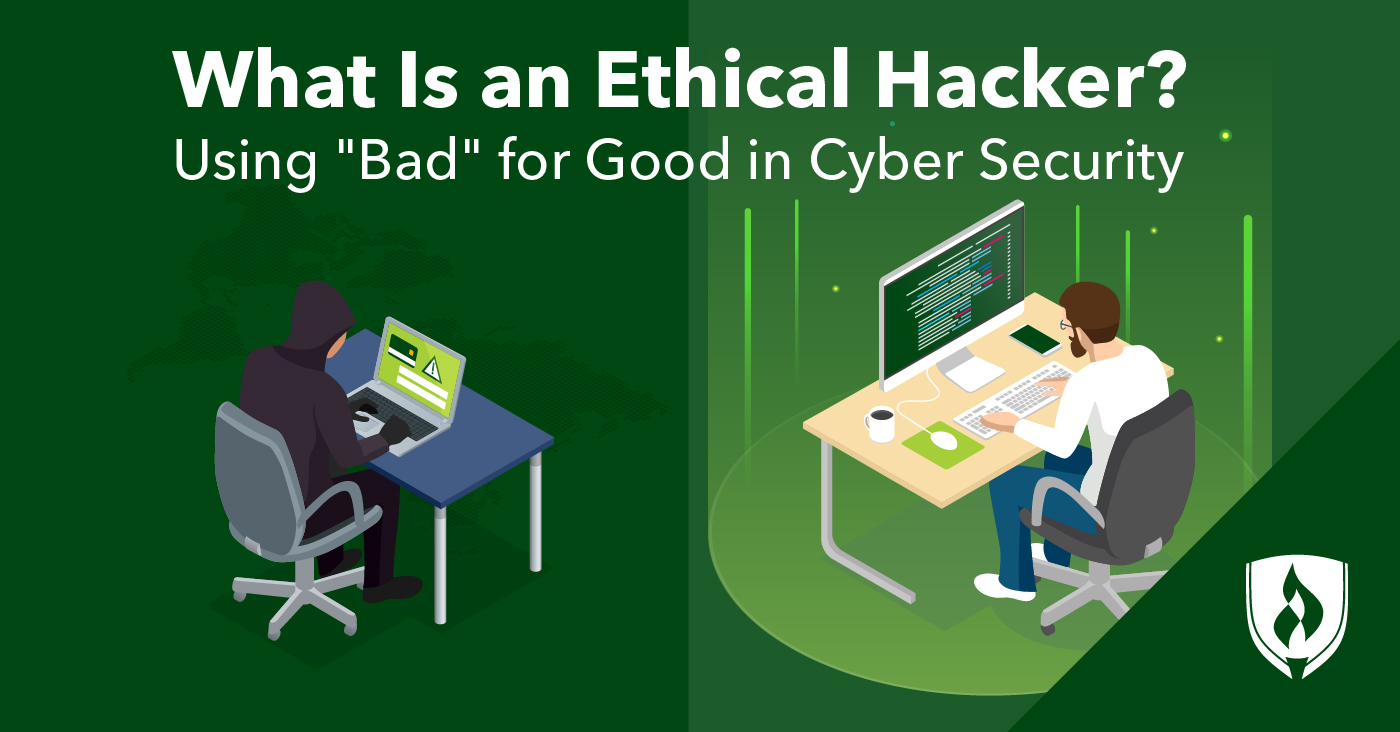Become An Ethical Hacker Complete Guidelines
- Gain a strong foundation in computer systems, network architecture, and programming.
- Acquire certifications in related fields, such as CompTIA Security+, Certified Ethical Hacker (CEH), and Certified Information Systems Security Professional (CISSP).
- Stay updated on the latest tools and techniques used by malicious hackers by regularly reading industry publications and participating in online communities.
- Gain practical experience through participating in capture the flag (CTF) events, bug bounty programs, and real-world projects.
- Build a network of contacts in the cybersecurity industry and continuously seek opportunities to improve your skills and knowledge.
It's important to note that ethical hacking is a constantly evolving field and requires a commitment to ongoing learning and development.
Here are a few additional tips for becoming an ethical hacker:
- Learn multiple programming languages such as Python, Perl, and JavaScript to be able to write custom scripts and automate tasks.
- Familiarize yourself with operating systems such as Windows and Linux and gain a deep understanding of the command line interface.
- Understand network protocols and the different layers of the OSI model.
- Familiarize yourself with security tools such as firewalls, intrusion detection systems, and vulnerability scanners.
- Practice ethical hacking techniques on your own lab setup or through online platforms, such as HackTheBox, VulnHub, and Metasploit Unleashed.
Remember, ethical hacking is not just about technical skills, but also about having strong communication and problem-solving skills. Keep practicing, seeking out new challenges and opportunities, and continuously learning to become a successful ethical hacker.
Here are a few more aspects to consider while pursuing a career in ethical hacking:
Keep yourself updated on the latest threats and trends in the cyber security industry by following relevant blogs and attending cyber security conferences and events.
Get hands-on experience through internships, volunteering, or participating in hackathons. These opportunities will help you gain practical experience, build your portfolio, and make valuable connections in the industry.
Participate in online communities, such as Reddit's /r/netsec and /r/asknetsec, to stay informed and connect with other professionals in the field.
Join online forums and discussion groups to ask questions, seek advice, and learn from others.
Consider getting involved with open-source projects that are relevant to your field. This will help you develop your skills, build your reputation, and make contributions to the wider community.
Overall, the key to becoming an ethical hacker is persistence, passion, and a commitment to continuous learning. The field is constantly evolving, so be prepared to adapt and continuously improve your skills.
Here are some additional tips for becoming an ethical hacker:
Develop a strong understanding of ethical hacking methodologies and frameworks, such as the Open Web Application Security Project (OWASP) Top 10 and the NIST Cybersecurity Framework.
Stay up to date on the latest exploits and vulnerabilities by reading industry publications and following cybersecurity news sources.
Read books and other resources on ethical hacking, such as "Black Hat Python" by Justin Seitz, "The Hacker Playbook" by Peter Kim, and "Hacking: The Art of Exploitation" by Jon Erickson.
Participate in online courses and training programs to gain hands-on experience with ethical hacking tools and techniques.
Join online groups and attend meetups focused on ethical hacking and cybersecurity to network with other professionals and stay informed on the latest developments in the field.
Remember, becoming an ethical hacker requires a combination of technical skills, creativity, and a strong understanding of ethical and legal considerations. Stay focused, keep learning, and be prepared to challenge yourself and continuously improve your skills.
To become a professional ethical hacker, you should:
Gain a strong foundation in computer science and information security, including network architecture, programming, and operating systems.
Acquire certifications, such as CompTIA Security+, Certified Ethical Hacker (CEH), and Certified Information Systems Security Professional (CISSP).
Stay current on the latest tools, techniques, and trends in the cybersecurity industry by regularly reading industry publications and participating in online communities.
Gain practical experience through real-world projects, internships, and participation in capture the flag (CTF) events and bug bounty programs.
Build a network of contacts in the industry and continuously seek out opportunities to improve your skills and knowledge.
Develop strong problem-solving and communication skills, as ethical hacking requires not just technical expertise, but also the ability to communicate complex security issues to non-technical stakeholders.
Stay informed of legal and ethical considerations, and ensure that your work aligns with best practices and industry standards.
Remember, becoming a professional ethical hacker requires a strong commitment to continuous learning and development, as the field is constantly evolving. Stay focused, be prepared to challenge yourself, and continuously improve your skills to achieve success as a professional ethical hacker.
Here are a few more considerations for becoming a professional ethical hacker:
Get hands-on experience with different operating systems, such as Windows, Linux, and macOS, and familiarize yourself with different types of servers, such as web servers, database servers, and application servers.
Develop a strong understanding of different types of security controls, such as firewalls, intrusion detection systems, and access controls, and learn how to implement and test these controls.
Familiarize yourself with different types of attacks, such as SQL injection, cross-site scripting (XSS), and remote code execution, and learn how to identify and prevent these attacks.
Study cryptography and understand how to implement and use encryption algorithms and protocols, such as SSL/TLS, AES, and RSA.
Read up on digital forensics and understand the importance of evidence collection and preservation in an investigation.
Stay up to date on industry standards, such as ISO 27001 and NIST Cybersecurity Framework, and understand how to implement and comply with these standards.
Join professional organizations and attend industry events to network with other ethical hackers and stay informed on the latest developments in the field.
Becoming a professional ethical hacker requires a combination of technical skills, creativity, and a strong understanding of ethical and legal considerations. Stay focused, be prepared to continuously improve your skills, and never stop learning to succeed in this exciting and dynamic field.
To summarize, becoming a professional ethical hacker requires a combination of technical skills, creativity, and a strong understanding of ethical and legal considerations. Here are a few key takeaways:
Acquire a solid foundation in computer science and information security through education, certifications, and practical experience.
Stay up to date on the latest tools, techniques, and trends in the cybersecurity industry through continuous learning and professional development.
Build a strong network of contacts in the industry and participate in online communities and events.
Develop strong problem-solving, communication, and leadership skills, as ethical hacking requires not just technical expertise but also the ability to communicate complex security issues to non-technical stakeholders.
Stay informed of legal and ethical considerations, and ensure that your work aligns with best practices and industry standards.
I'm glad I could help. If you have any further questions or need additional information, don't hesitate to ask. I'm always here to help. Stay connected with us and keep learning!







Comments
Post a Comment
📧 Email: rarobiulalom@gmail.com
📱 Cell (WhatsApp): +8801 82422-1511
🏠 Location: Seedstore Bazar, Habirbari-2240, Bhaluka, Mymensingh, Bangladesh
Feel free to contact.